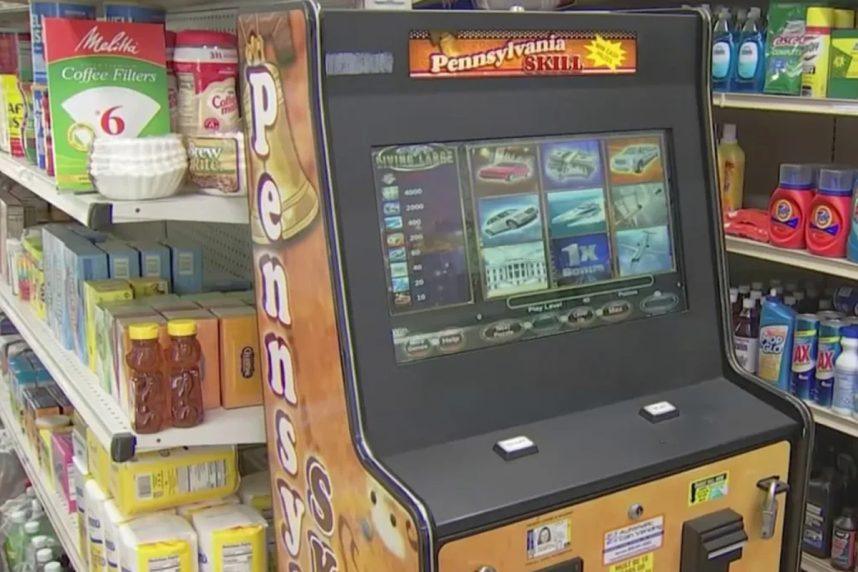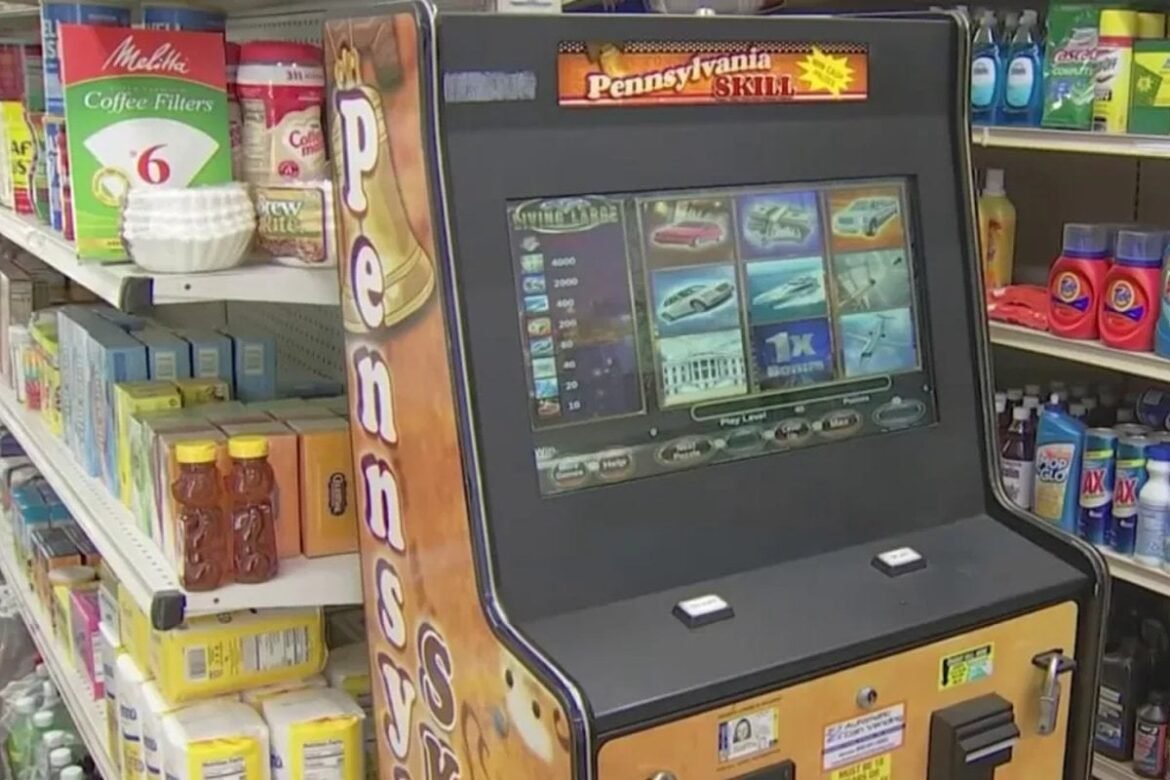Posted on: March 27, 2024, 09:03h.
Last updated on: March 27, 2024, 09:03h.
A convenience store in Philadelphia that has a so-called skill gaming machine has filed a lawsuit against the city for the local government’s intention to prohibit the controversial grey gaming terminals in most businesses.

The Philadelphia City Council last month passed a bill that seeks to amend the city’s code to outlaw gaming machines that include elements of skill. The statute is awaiting Philadelphia Mayor Cherelle Parker’s signature.
Tariq Jalil owns a 7-Eleven franchise in South Philly. He’s teamed up with Pace-O-Matic (POM), the leading provider of skill games in Pennsylvania and the developer of the software that powers the popular Pennsylvania Skill title, to file a lawsuit against the city on grounds that the proposed ban violates the state’s constitution.
City officials say the unregulated, untaxed gaming apparatuses cause people to gather inside gas stations and corner stores. That has led to crime, robberies, criminal associations, fights, and gunfire.
Bill No. 240010 would prohibit skill games inside all businesses other than those that hold a liquor license and have at least 20 seats for patrons to eat and drink. Businesses that violate the local rule, should Parker sign the measure, would face daily fines of $1,000 per device.
Skill Gaming Firm Funding Lawsuit
POM is not a party to the litigation but The Philadelphia Inquirer reports that the Georgia-based company is bankrolling the lawsuit. Matthew Haverstick, an attorney in Philadelphia, is representing Jalil.
“They’re not crime magnets,” Haverstick said of skill games. “These are small businesses that survive on really thin profit margins.”
Councilmember Curtis Jones Jr. authored the proposed skill gaming law. He said the city won’t be fazed by the skill gaming industry and its attorneys.
The gaming industry has powerful lobbyists with deep pockets. We’ll be sued by the industry, but we will not accept the status quo. Not anymore,” Jones declared.
The casino industry in Pennsylvania is opposed to the proliferation of skill games. The casino lobby argues that skill games poach revenue from slot machines, which are heavily taxed and regulated and come with hefty licensing fees.
Philadelphia proper is home to two casinos — Live! Casino & Hotel Philadelphia and Rivers Casino Philadelphia. Parx Casino, the richest casino in the state, is just north of the city in Bensalem.
There are estimated to be over 80,000 such games in restaurants and bars, convenience stores, grocery stores, gas stations, and retail outlets across the commonwealth.
Powerful Backer
Philadelphia’s skill gaming ban in most businesses could be short-lived if Gov. Josh Shapiro (D) gets his way. The governor included revenue from skill games in his 2024-25 budget bill.
Shapiro assumed taxing skill games at 42% to generate an estimated $150 million in new annual revenue. Subsequent legislation has been introduced in Harrisburg that remains being deliberated.
State courts have ruled that skill games like Pennsylvania Skill do not violate the state’s Gaming Act because their outcome is not solely dependent on chance. POM has repeatedly asked the state to legalize and tax its games.
Legal skill games are legal, but not fully regulated. Illegal slot machines are exactly that — illegal gambling devices. Pace-O-Matic has led regulation efforts in every state where we operate,” Paul Goldean, president and CEO of Pace-O-Matic, testified last October before the Pennsylvania Senate Community, Economic, and Recreational Development Committee.
“We are seeking a regulated market that evens the playing field and gives our operators, locations, and law enforcement clear guidance on the legality of skill games,” Golden added.

